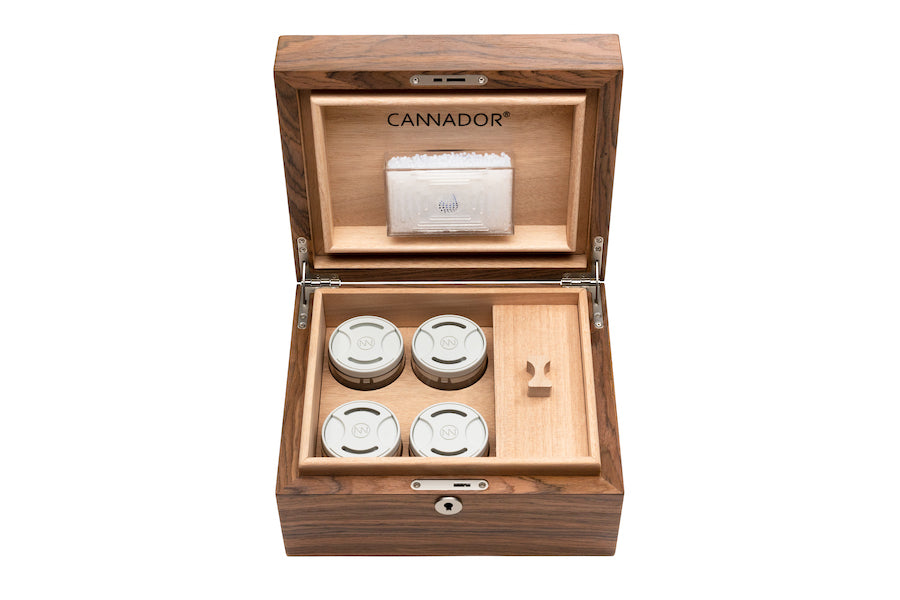Arizona’s new bill, SB 1494 was signed into law by Governor Doug Ducey on June 7, 2019, effectively, expanding the medical marijuana market and providing protections for patients. Significant change has been a long time coming to the Arizona Medical Marijuana Act (AMMA) for a variety of reasons. From a legislative repeal to requiring a three-fourths legislative majority to make any amendments to the law, it’s been difficult to get any policy improvements for nine years. For example, in May 2019, the Arizona Supreme Court ruled that concentrates were legal for patients, not a serious felony like before.
Luckily for Arizona residents, a strong lobbying effort by the Arizona Cannabis Laboratory Association achieved the recent three-quarters-majority vote to pass new patient rights, testing regulations, and lower-cost registration. The new law takes effect on August 27, 2019.
Medical Card is Valid for Two Years
One of the most prominent changes SB 1494 brought was an amendment stating that medical cardholders only have to renew their cannabis registration every two years as opposed to annually like before. Current medical cards are valid for a year and cost $150 or $75 for SNAP patients. SB 1494 keeps the $150 renewal fee, but makes the card last twice as long. Cheaper medical cannabis cards mean that more patients will have access to their medicine.
Cannabis Lab Testing
Arizona was falling woefully behind in terms of cannabis lab testing regulations. The Grand Canyon state was one of the only states with medical marijuana laws that didn’t mandate cannabis lab testing. SB 1494 sets up a state-certified cannabis testing program by licensing labs, personnel, and developing lab standards.
Currently, Arizona’s handful of cannabis testing labs have been operating in an illegal manner. On August 27, however, the cannabis testing industry will be legalized in the state. Testing will have to start by November 1, 2020. Customers will be able to ask to see the batch test results for any product. Cannabis companies would face repercussions for multiple testing violations. Cannabis testing would test for potency and harmful contaminants like residual solvents, heavy metals, mold, fungus, and mildew, pesticides, and more.
Digital Cards
Arizona’s new bill also does away with physical medical cards. Starting December 1, 2019, the Department of Health Services (DHS) will offer electronic cards instead of having patients wait two to three days for registration. The DHS is looking into developing a smartphone app where patients can pull up their digital card.
Eliminating Pot Deserts
New dispensary licenses will be given to locations where no dispensaries are around for 25 miles. Arizona’s previous law made it so that dispensaries could move after three years. The resulting chaos saw many dispensaries flock to metropolitan hubs like Phoenix with black markets replacing them in rural areas.
Cannabis Legalization in 2020
Before this new bill was approved, Arizona dispensaries announced that they would be starting a campaign to legalize cannabis in 2020. Although the details are under wraps, the Arizona Dispensary Association plans to do better than Prop 205 in 2016. Dispensaries would have to get 237,645 signatures to get the initiative certified.
Arizona’s 200,000 patients will be able to have peace of mind when they smoke flower buds, eat an edible, dab a concentrate, or take a drop of tincture. Currently, testing is used as marketing and gives brands a competitive edge over untested products. While Arizona’s cannabis laws haven’t been perfect, these new regulations show a positive future for medical cardholders.



